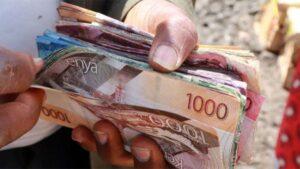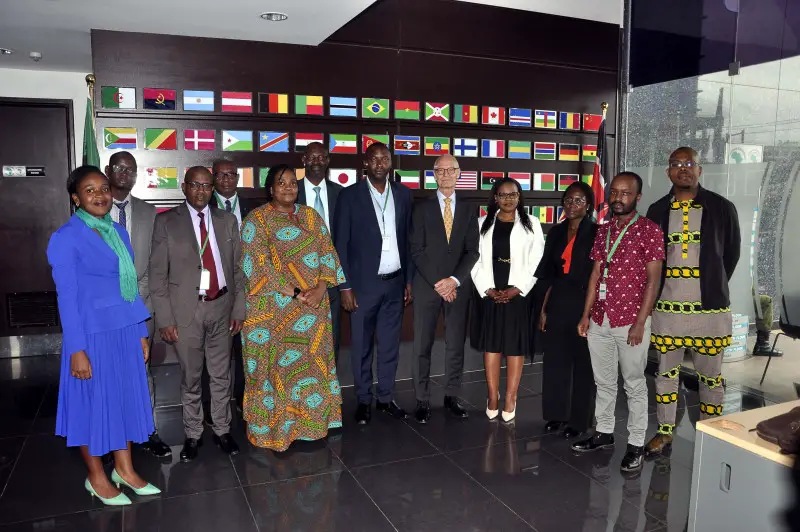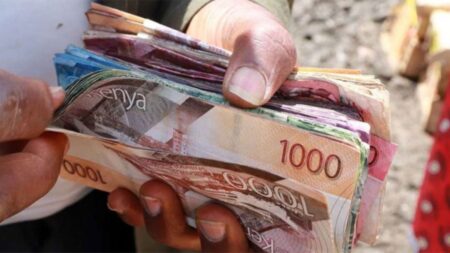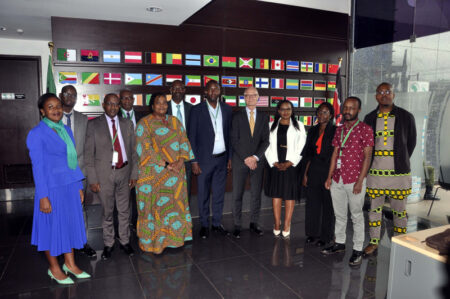Africa Fertiliser Financing Mechanism will avail 8000 tons of fertiliser. 5.533 million Kenyan farmers are registered for the government’s subsidised fertiliser programme. African Development Bank granted Kenya $67 million in 2022-2023 through its African Emergency Food Production Facility. The Africa Fertiliser Financing Mechanism has launched…
Kenya’s high-interest rates hit 13 per cent in the last review by the Central Bank of Kenya. Since mid-2023, however,…
Kenya-Ethiopia trade relations have been on the rise in the past 27 years, with Kenya having the upper hand. Ethiopia,…
There is a debt crisis in Africa as countries struggle to repay international loans. According to the World Bank, nine…
Over 300 startups are converging in Abu Dhabi between May 7th and 9th for three days of innovation, collaboration, and…
AfDB asks policymakers to put in place an orderly and predictable way…
Featured
International arrivals increased from 1.48 million in 2022 to 1.95 million as…
Industry & Trade
Artificial intelligence in Africa can potentially propel the fintech industry into a…
Countries
Kenya’s high-interest rates hit 13 per cent in the last review by the Central Bank of Kenya. Since mid-2023, however, the World Bank’s index…
There is a debt crisis in Africa as countries struggle to repay…
UN faults UK-Rwanda asylum treaty citing concerns on potentially harmful impact on…
Namibia’s Mopane field could hold up to 10 billion barrels of oil,…
Regional Markets
East Africa’s economic growth is projected to grow at 5.3 and 5.8 per cent in 2024 and 2025-26, respectively. The…
Tech & Innovation
South Korea-based LB Investment, which has $1.2 trillion Assets Under Management (AUM) as of 2023, has announced its participation in the 2024 AIM Congress. The firm…
Editor's Picks
International arrivals increased from 1.48 million in 2022 to 1.95 million as…
Africa
AfDB asks policymakers to put in place an orderly and predictable way…
Industry & trade
Kenya-Ethiopia trade relations have been on the rise in the past 27…
Money Deals
A key component of successful cryptocurrency investment is utilizing cryptocurrency exchanges effectively.…
Investing
Africa Fertiliser Financing Mechanism will avail 8000 tons of fertiliser. 5.533 million…






































